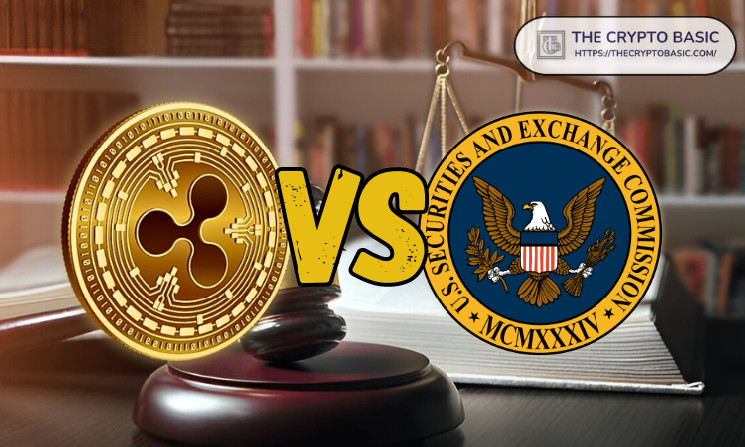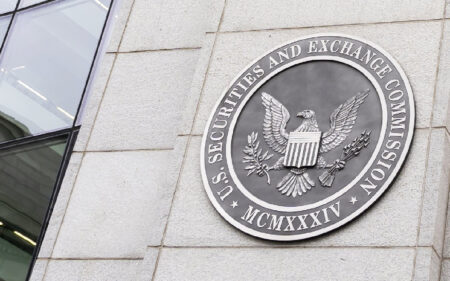Famous legal expert James Murphy (a.k.a. MetaLawMan) suggests that Ripple file a cross-appeal regarding its XRP sales to institutions in the SEC case.
Recall that Judge Analisa Torres declared that Ripple’s institutional sales of XRP were investment contracts. Consequently, the judge imposed a penalty of $125 million against the company following its violation of federal securities law through its institutional sales.
Ripple Should Cross-Appeal SEC Ruling
With the SEC appealing the Ripple ruling to overturn some parts of Judge Torres’ verdict, like programmatic sales, Attorney Murphy suggests that the payments company needs to also file a cross-appeal to challenge the ruling on institutional sales.
Speaking in a recent interview with Kristi Warner of CryptoLaw, Murphy asserted that Ripple’s XRP sales to institutions do not constitute investment contracts.
He explained that these institutions were wholesalers who acquired XRP from Ripple at discounted prices to resell for profit without sharing the gains with the crypto payments company.
The lawyer compared the move to wholesalers buying oranges from W.J. Howey in 1946 to resell for profit. Murphy emphasized that the transaction did not indicate that the wholesalers at Howey were going into business with Howey.
“They are simply receiving the commodity at a discount and making enough profits by selling it to retail. The difference between what they bought and sold it for is not an investment in Howey. Hence, anybody in their right mind will agree that it is not an investment contract,” Attorney Murphy remarked.
#xrpcommunity
👇😎
XRP and Oranges 🍊🍊@MetaLawMan breaks down why XRP is not an investment contract with Ripple via @CryptoLawUS Kristi Warner. pic.twitter.com/Ign1S0Y85z— James Rule XRP 👊😎 (@RuleXRP) October 8, 2024
Institutional XRP Sales Are Commodity Transactions, Not Securities
Notably, the lawyer stated that the institutional clients in Ripple also acted like wholesalers in the Howey company by purchasing XRP at discounted prices for resale to retail clients.
As a result, he emphasized that Ripple’s institutional XRP sales should not be classified as securities transactions since these institutions were not directly investing in the crypto payments company.
According to him, if these institutions wanted to invest in Ripple, they would have bought the company’s stock, not XRP. Therefore, Attorney Murphy suggested that Ripple’s institutional sales should be classified as commodity transactions rather than securities.
Notably, he suggested that Ripple file a cross-appeal and argue that its institutional XRP sales are not investment contracts because it only sold XRP as a commodity to wholesalers.
Ripple Considers Cross-Appeal
Meanwhile, Ripple is considering whether to file a cross-appeal. The company made this known through its chief legal officer (CLO), Stuart Alderoty. Should it decide to overturn Judge Torres’ decision on institutional sales, Ripple has until October 17 to officially file its cross-appeal notice.
If Ripple files the cross-appeal, the Second Circuit will merge this action with the SEC’s appeal into a single case. With the deadline fast approaching, it remains to be seen whether Ripple will officially cross-appeal the SEC ruling.
Read the full article here









